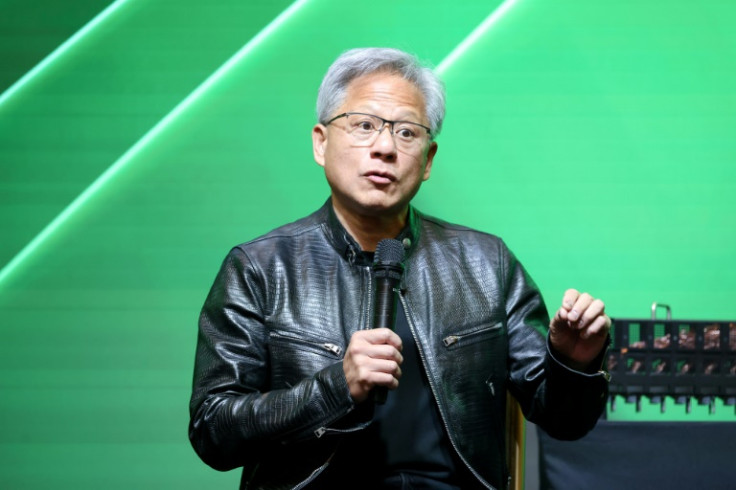NVIDIA CEO Jensen Huang Says Trump's $100K Visa Fee Would Have Killed His American Dream — Company Will Cover It
NVIDIA emphasizes continued US innovation and investment despite high visa fees.

Jensen Huang, founder and CEO of NVIDIA, has offered a pointed critique of the recent proposal to impose a $100,000 fee on H-1B visa applicants. While he supports certain reforms, Huang's personal story underscores the potential damage such a high barrier could have caused to his own family's journey to the United States. Despite this, he has pledged that NVIDIA will continue to sponsor H-1B visas and cover the new fees for its employees.
A Personal Perspective on Immigration Policy
Huang, who immigrated from Taiwan at the age of nine, said, 'I don't think that my family would have been able to afford the $100,000, and so the opportunity for my family and for me to be here would not have been possible with this current policy.' He added, 'immigration is the foundation of the American dream... anyone can come to America, and through hard work and some talent, be able to build a better future for yourself.'
Despite acknowledging that the proposed fee 'probably sets the bar a little too high,' Huang describes the reform as 'a great start'. His comments highlight the delicate balance policymakers face: seeking to curb abuse of the system without stifling the vital contributions of international talent.
NVIDIA's Commitment: Paying the Fee
In an internal memo to staff, Huang confirmed that NVIDIA will continue to sponsor H-1B visas and absorb the costs associated with the new fee. 'As one of many immigrants at NVIDIA, I know that the opportunities we've found in America have profoundly shaped our lives,' he wrote. 'And the miracle of NVIDIA — built by all of you, and by brilliant colleagues around the world — would not be possible without immigration.'
NVIDIA, one of the largest users of H-1B visas in the tech industry, reaffirmed its commitment to attracting global talent despite tighter regulations. The move is seen as reassurance to foreign-national staff who may be concerned about increased sponsorship costs or travel restrictions under the new policy.
Broader Policy and Industry Implications
Announced by President Donald Trump in September 2025, the $100,000 fee aims to reduce perceived abuses of the H-1B system and prioritise domestic employment. Critics argue, however, that such a steep cost could trigger a brain drain, especially among smaller firms and startups that lack the resources to absorb additional sponsorship expenses.
Huang's comments reflect this tension: supportive of reform in principle but cautious about unintended consequences. For NVIDIA, paying the fees signals an understanding that global talent is crucial for future innovation—particularly in competitive fields like artificial intelligence and high-performance computing. Larger corporations may be better equipped to buffer policy shocks, unlike smaller companies that rely heavily on international workers.
A Symbolic and Personal Message
Huang's journey — from immigrant child to CEO of a multi-trillion-dollar technology giant — lends significant weight to his critique. His story embodies the quintessential American Dream, showcasing how immigration has shaped his success. His stance acknowledges that high visa fees could have derailed his family's ambitions, yet he operates within the system and advocates for reform.
As the US immigration landscape continues to evolve, Huang's position may serve as a benchmark for how the tech industry responds to policies impacting global mobility. For employees, it offers reassurance; for policymakers, it highlights the complex balancing act between protecting domestic jobs and maintaining international competitiveness.
© Copyright IBTimes 2025. All rights reserved.





















